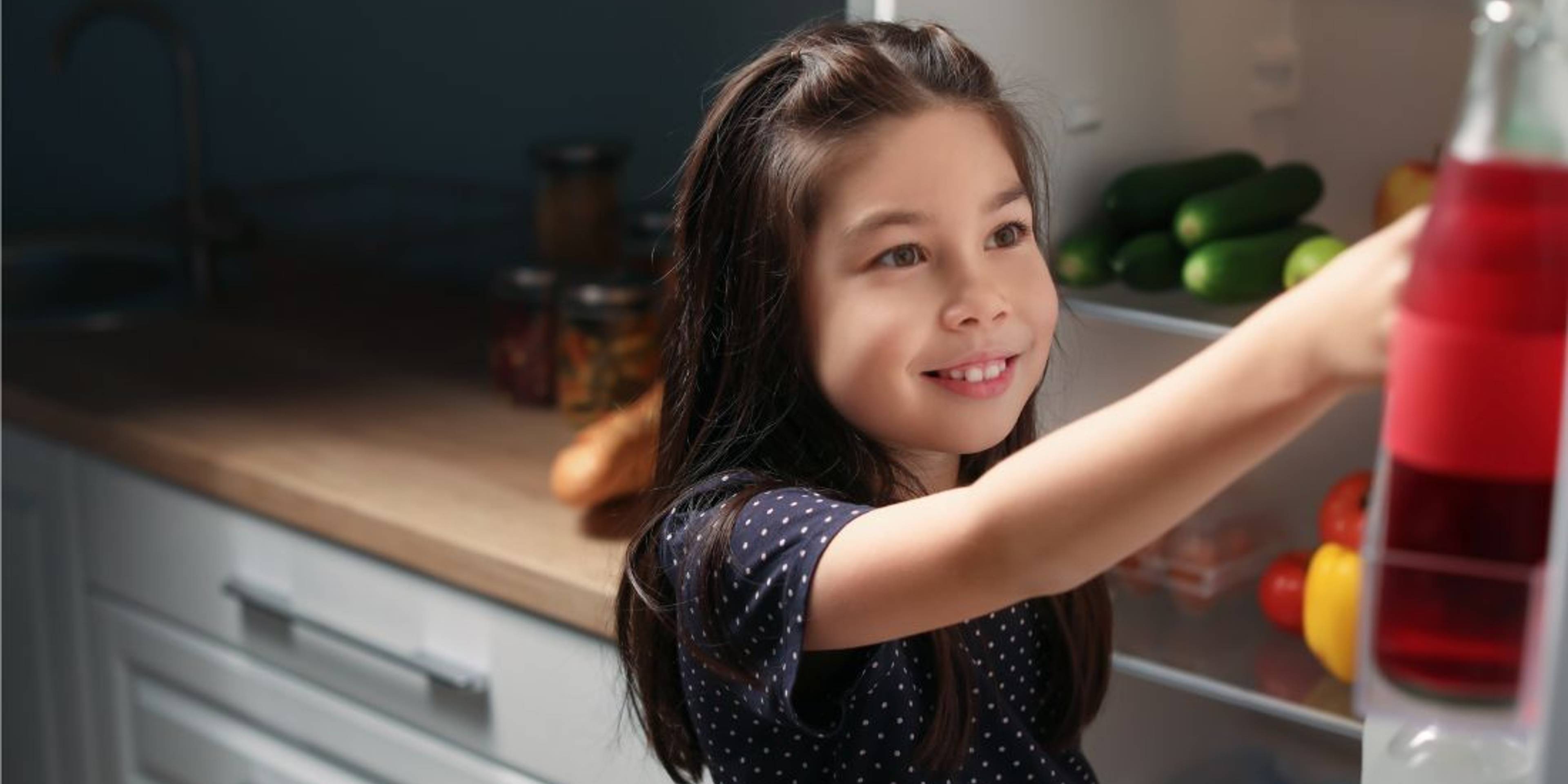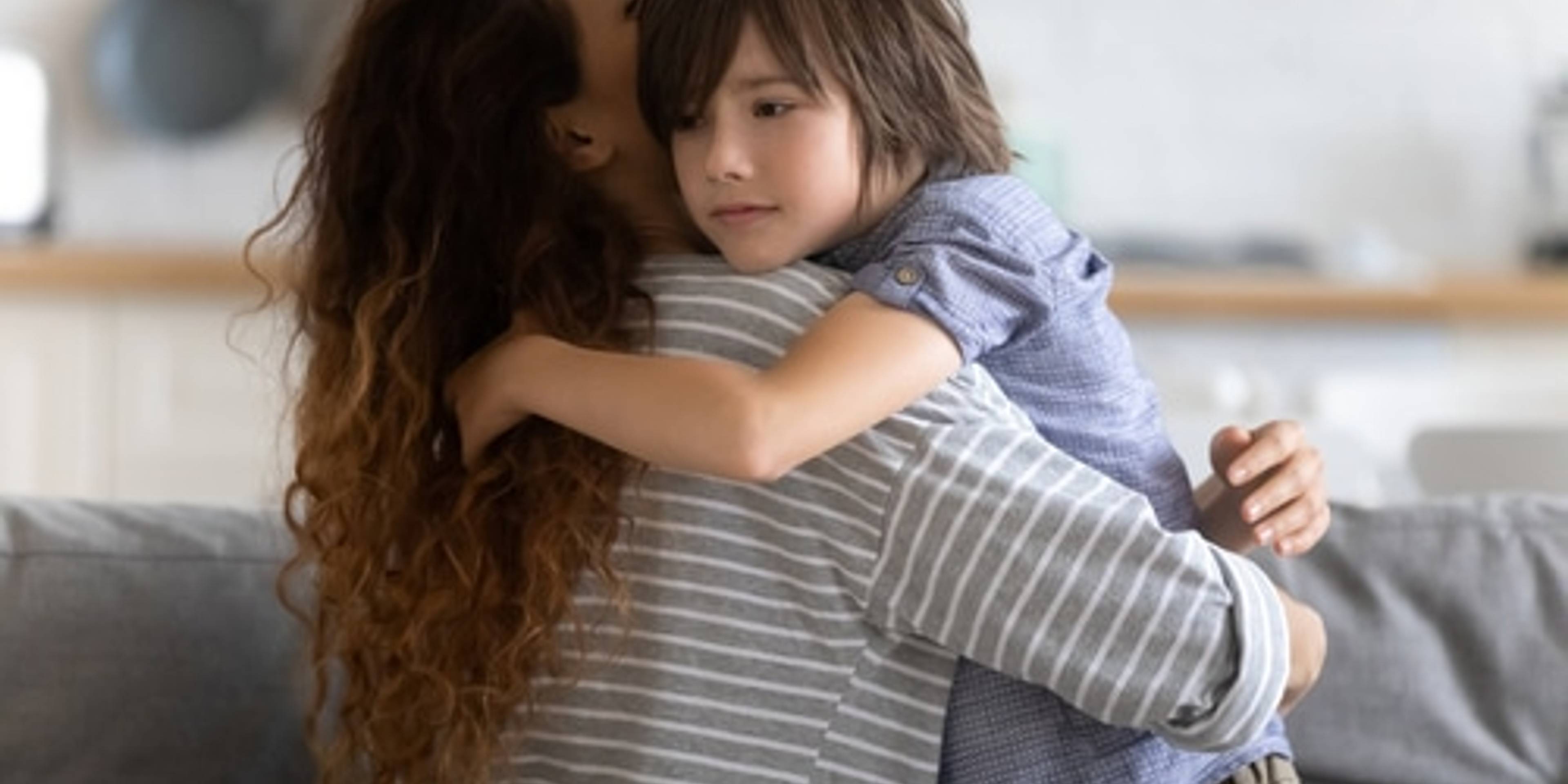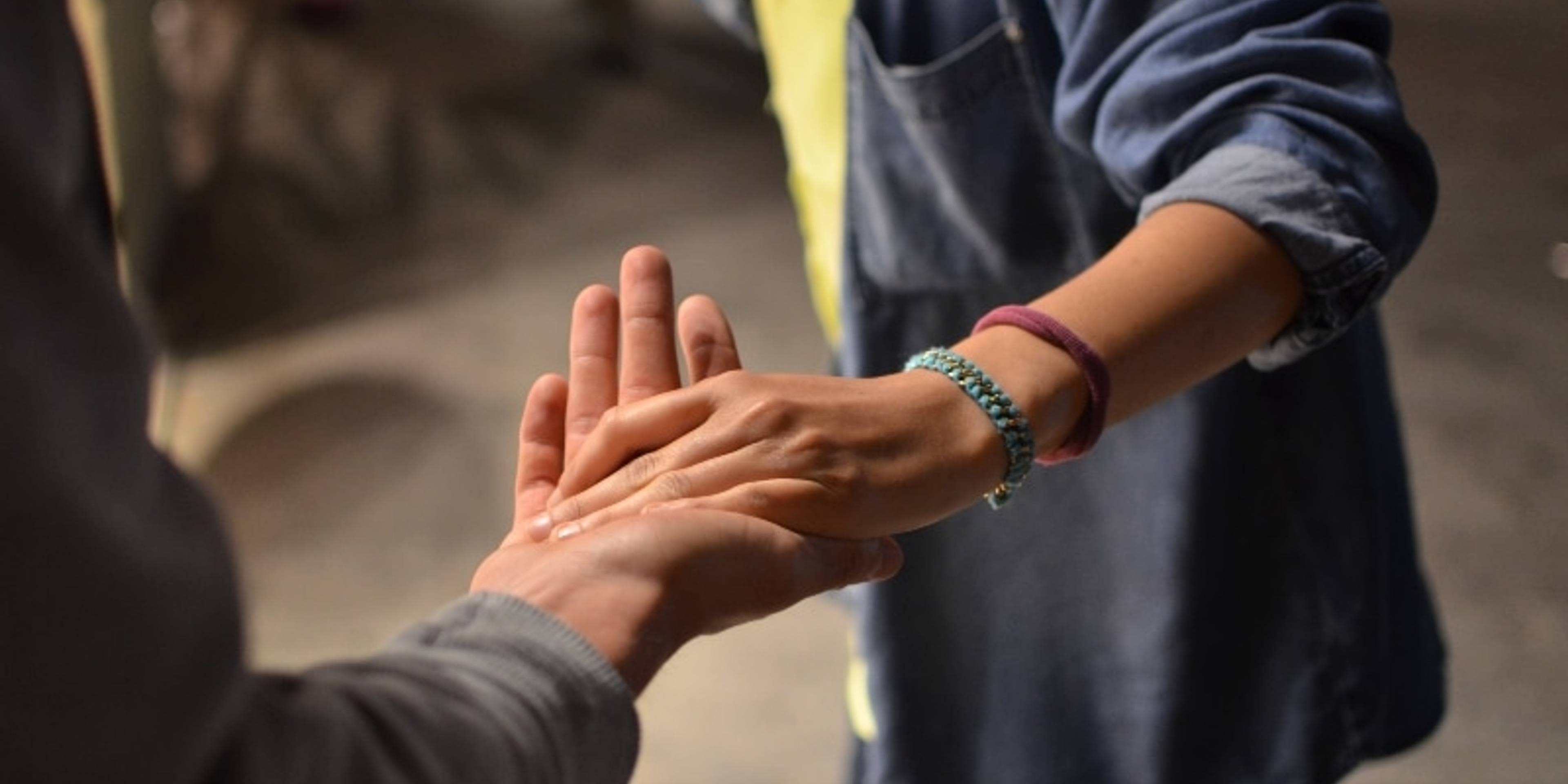October 15, 2024
Should I let my child attend sex education lessons at primary school?

Help, I don’t want my child attending sex education lessons in Year 5/6 but am really worried if I have made a good decision. Any advice?
Hi there! First of all, try not to beat yourself about your decision (you obviously love your child and want the best for them), but I would ask you to think about the motivations behind your decision carefully. Sometimes in parenting, what feels like ‘doing the right’ thing might inadvertently put a child at greater risk.
For example, we might not want them to attend a school trip (for fear that they might get homesick), we might not want them to try a new sport, (in case they get injured) or we might ban access to any digital devices (in the hope that they don’t become addicted to tech). Within each of these examples, it is perfectly understandable that a parent might aim to protect their child but, in fact, our decisions might be lining them up for difficulties a little bit further down the line.
Part of the role of parents is to upskill children mentally and practically for what lies ahead. By banning or avoiding activities, we can end up inadvertently denying them a chance to build resilience, and potentially ignite, rather than dampen curiosity. We can end up in situations where they are afraid to tell us things, for fear of our reaction, which is never optimal for children.
In your email, you say you don’t want your child to be in lessons when the class is talking about puberty, sex and relationships. My first gentle challenge to that is: ‘What are you afraid of?’. Often parents can fear things like ‘learning too much too young’, but children need to know their body parts and be able to name them; this isn’t just to educate them, it is to protect them. Only within these conversations, carefully handled at school, can children learn about things like body boundaries or appropriate and inappropriate touch. School take education and safeguarding concerns very seriously, hence the emphasis in lessons on our bodies, how they work and how they change.
If you fear your chid learning about sex, try to trust the teachers to deliver material in age-appropriate ways (they have heard and seen it all before), and if you feel very worried, talk to the teacher about the tone and messaging within the delivery. They will likely be more than happy to reassure you! Imagine being the only child who has not been in the lesson that everyone else in the playground is talking about – there is a considerable risk that your child might hear a piece of information without the full context or facts and this could lead to some worry or anxiety on their part. They might not feel able to ask you about it as they know you don’t welcome conversations about these topics at home.
Believe it or not, the research in this area confirms that children who are brought up in cultures of transparency, openness and warmth at home (where no question is too silly) and where parents welcome their curiosity, are at much less risk later on of things like drug-taking, sexually risky behaviour or alcohol abuse. This is because they have no need for concealment, secrecy or hiding their worries about anything; the parent-child relationship is a warm, protective space.
Parent-child relationships are a mitigating, protective factor against any material that a child might see, read or be exposed to. Whatever they talk about in school, you are there to help puzzle it out, clarify information, talk things through and round it off with a nice chat about your own family values. Whatever is taught in school, we as families might have our own views, philosophies or religious beliefs, and that is absolutely fine! We can set wider understanding within our own family framework.
I think a great place to start, judging by how confused and worried you sound in your email is with some reflection:
What really worries me? What am I scared of? What is the worst that can happen in class and how would I mitigate that?
Have a peek at some of these home resources and consider dipping into some.
Once you work out what is at the heart of your own fears around the information being delivered in school, it can open up richer conversations both with yourself and the professionals that educate, support and help your children.
More Parenting Questions

Feb 12, 2025
Is it ok for my four year old to still use a dummy?
It's completely natural to feel concerned when your child continues using a pacifier or sucking their thumb beyond the toddler years. We've asked paediatrician, Dr Christine Riyad, for advice.

Dec 31, 2024
My son wants to buy his girlfriend an 18th birthday present. Help!
Give yourself a pat on the back as your teen is asking YOU for advice. It is a sign that there is good communication between you, and that he sees you as a source of knowledge! I think his question is a wonderful one. Why? Because it shows he values the relationship, recognises the importance of a milestone birthday and knows that gift-buying is not a simple activity.

Dec 18, 2024
What do we need to consider when thinking about hiring a tutor?
Private tutoring can be a great way to support your child's education, but finding the right person can also feel overwhelming. The tutoring industry is largely unregulated in the UK and so it can be challenging to know where to start or what to look for.

Oct 22, 2024
My 11 year old daughter is always hungry. Should I be concerned?
This is a common concern for many parents. Engaged and attentive parents are generally mindful of their child’s relationship with food. This is not surprising given the shameful narrative surrounding the idea of being overweight or obese, and the association that is often made that this is linked to neglectful parenting.

Jun 03, 2024
How can I best support my son with changes to his class next year?
Firstly, it is normal to worry about changes that lie ahead for our children and to worry about their ability to cope. You aren’t alone. The start of a new academic year is always full of changes to school life. New classrooms perhaps? Timetables? Teachers, pupils, curricula, canteen menus? You sound like you are holding a lot of anticipatory anxiety about the changes that are forthcoming. These changes have likely been explained to you by the school, and perhaps you still feel fearful?

Apr 22, 2024
How can I support my teen through a break up?
Early teen romances can certainly feel exciting and exhilarating but most are also short-lived, and supporting our children through them is something we will likely have to do several times over the years to come. Here are some tips to help you to support your daughter.

Feb 13, 2024
How can I support my child’s move to a new school where he doesn’t know anyone?
Hello! Thanks for your question. When I was reading through it, the thing that stood out first was the description of your son as unconcerned about impending changes and “confident socially”. This is good news indeed and bodes well, although, as you suggest, it is prudent not to assume that he has zero concerns at all about the upcoming school move.

Aug 03, 2023
What do we need to consider when buying our child a smartphone?
First of all, well done considering this important decision ‘as a family’. Buying a first phone for a child can be a financial commitment but, truth be told, it’s also a decision that can impact on all aspects of their lives: mental health, wellbeing, resilience, friendships and even their learning. It is important to think of it as a significant decision which deserves research and reflection. A smartphone isn’t just a phone. Essentially, it is a hand-held computer that, once connected to the internet, can give access to a digital frontier occupied by five billion people.

Feb 17, 2023
What’s the best way to talk to my son about puberty and growing up?
We asked leading expert, Charlotte Markey, Professor of Psychology at Rutgers University, to answer this fantastic question from a Tooled Up mum. Charlotte has published numerous academic studies in this field and has also written two amazing books on body image for tweens and teens which we highly recommend. Details are at the bottom of the article.

Sep 05, 2022
How can I best support my son whilst my wife is going through treatment for breast cancer?
Thank you for your question. From the detail you supply in your email to me, it is crystal clear that this young man lives in a loving, warm and supportive family unit (perfect conditions to cultivate and sustain a child’s resilience). Your concern relates to the fact that your child is starting secondary school and that his mother’s treatment coincides with an important milestone in his life. I can understand why, at this particular time, you might worry a little more about this child than other children in the family.